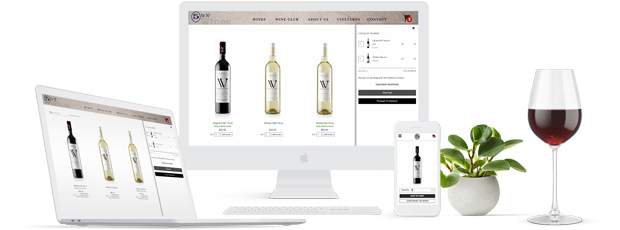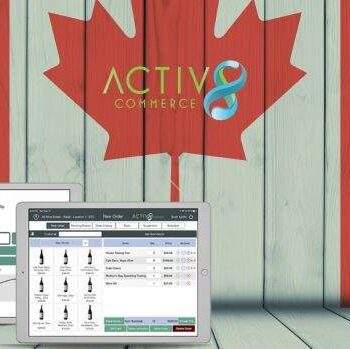
Do You Need Your Own License to Ship Wine?
This is a common question wineries face when entering the direct-to-consumer (DtC) market, and the answer is yes. In order to ship wine DtC, a winery needs to have a DtC shipper’s license. This can be challenging as the rules and requirements to obtain this license vary by state. Because of this, an increasing number of businesses claim that they can eliminate this obstacle and handle all of the licensing needs for wineries that want to ship DtC.
But beware, wineries must obtain their own DtC shipper’s license in each state they wish to ship to in order to be compliant, with few exceptions. Relying on third-party licenses as a workaround or temporary solution can create a multitude of problems like fines, penalties, loss of other licenses, and even criminal charges.
What if I sell under a third party’s license?
Unfortunately, there are several problems with selling under someone else’s license. If you are the winery on record as the seller, or if the end consumer would name your winery as whom they purchased from, then you need your own license.
Here are some common scenarios and the difficulties that they present:
The third party has a marketplace that consumers purchase from. The winery just supplies wine. The problem with this case is that to sell an alcohol product, you need to own it in your own right. So, the third party either needs to be an “owner” of the wine or a legitimate retailer.
The third party acts as a retailer. In this case, they’ll need a retail license, and they need to purchase the wine from an authorized distributor which itself purchased the wine from the producer. Currently there are only 15 states that allow a retailer to ship wine DtC.
The third party has an ownership share to the winery. Some businesses add a ownership cede in their contracts stating the winery gives an ownership share to the third-party business—forcing their way into the winery’s group of owners. As part owner, the third party would technically own the wines being shipped, so if they have DtC shipping licenses they can sell and ship the contracting winery’s products. This can be the riskiest and most complicated scenario. The dispersion of ownership must be reported to several regulatory agencies, like the TTB and state licensing boards. It can also violate tied house rules, opening your business up to significant legal and financial risk.

Find Out More | Book a No-Obligation Demo
Use your own license for DtC wine shipping
Wineries should not overlook their compliance obligations. States set up specific rules for DtC wine shipping, and they expect them to be followed rigorously. Attempting runarounds in order to avoid compliance headaches can lead to greater trouble down the line. So, use your own DtC shipper’s license.
Posted from June 12th, 2020 by Delaney McDonald on Sovos.com
- Posted by activ8commerce
- On April 7, 2023
- 0 Comment


